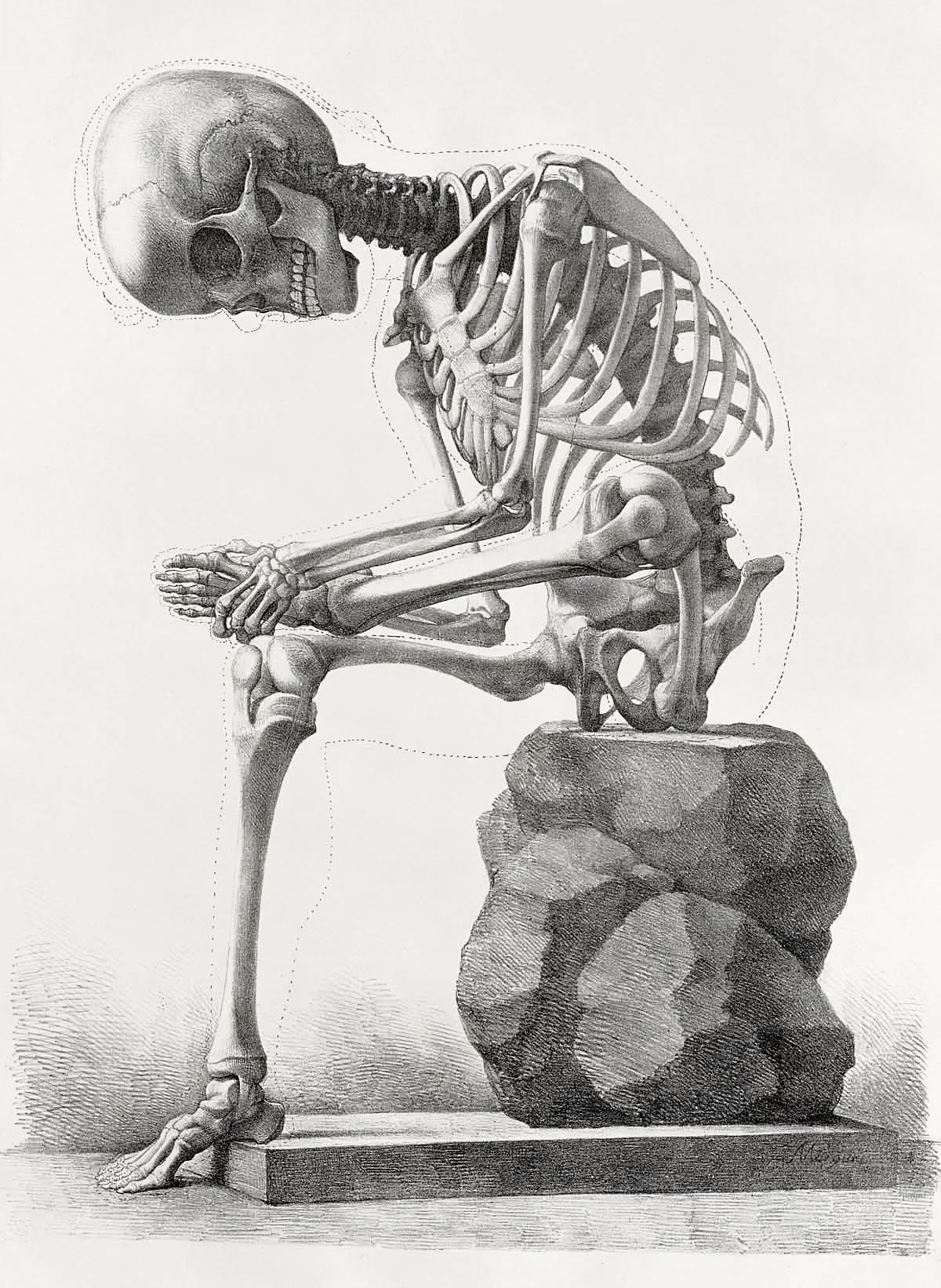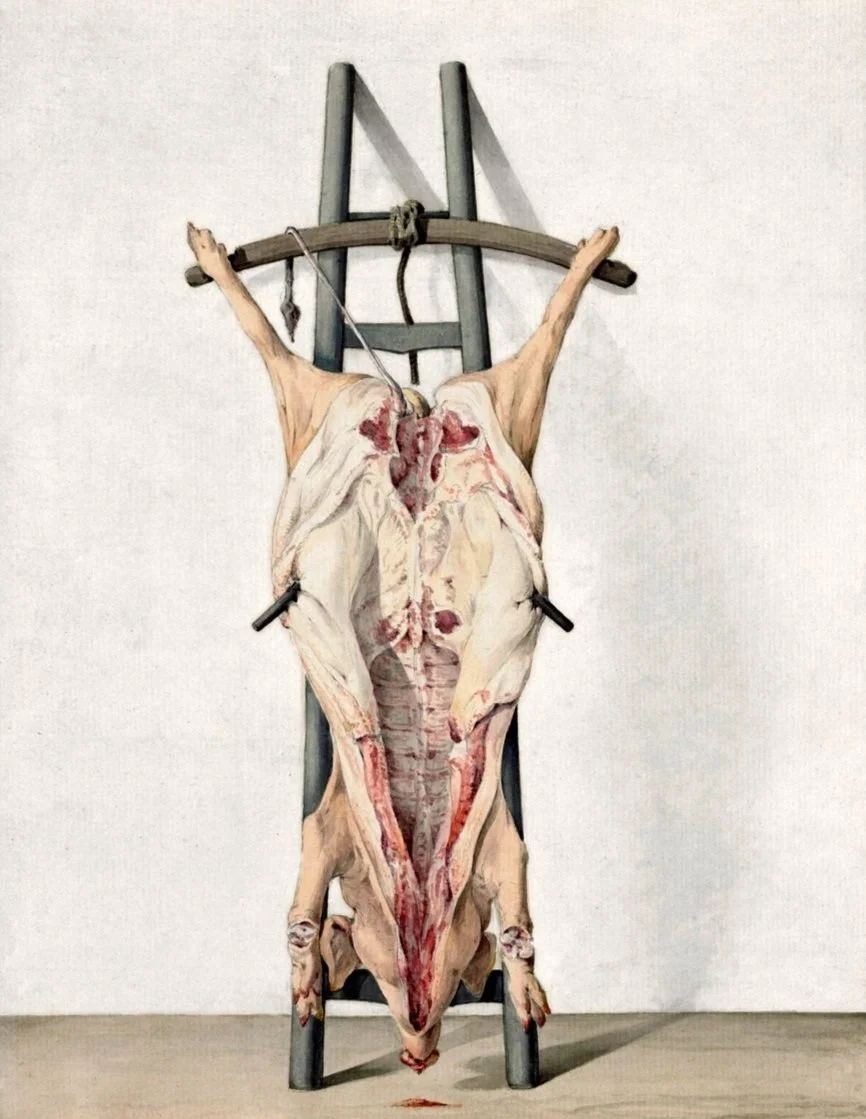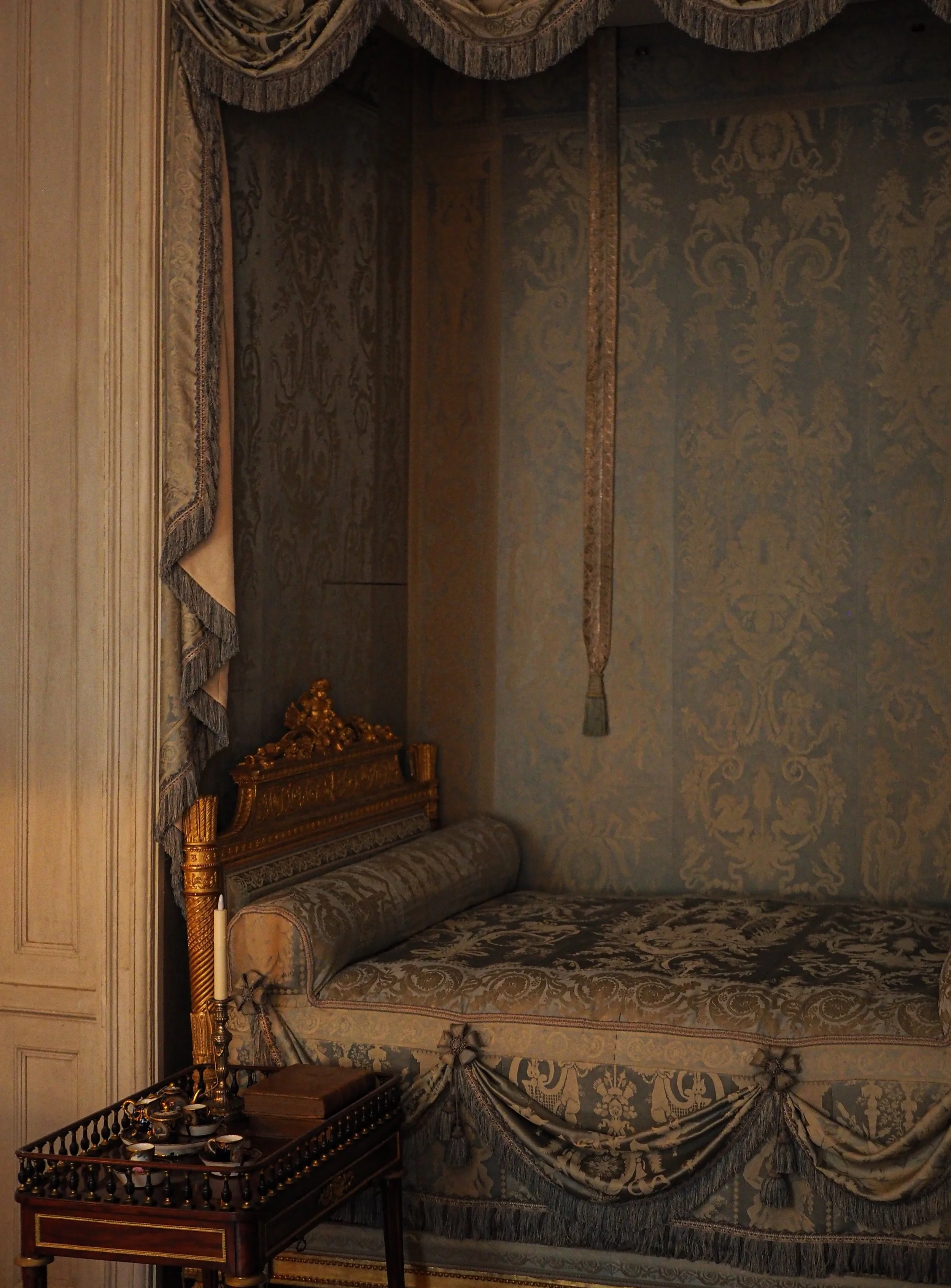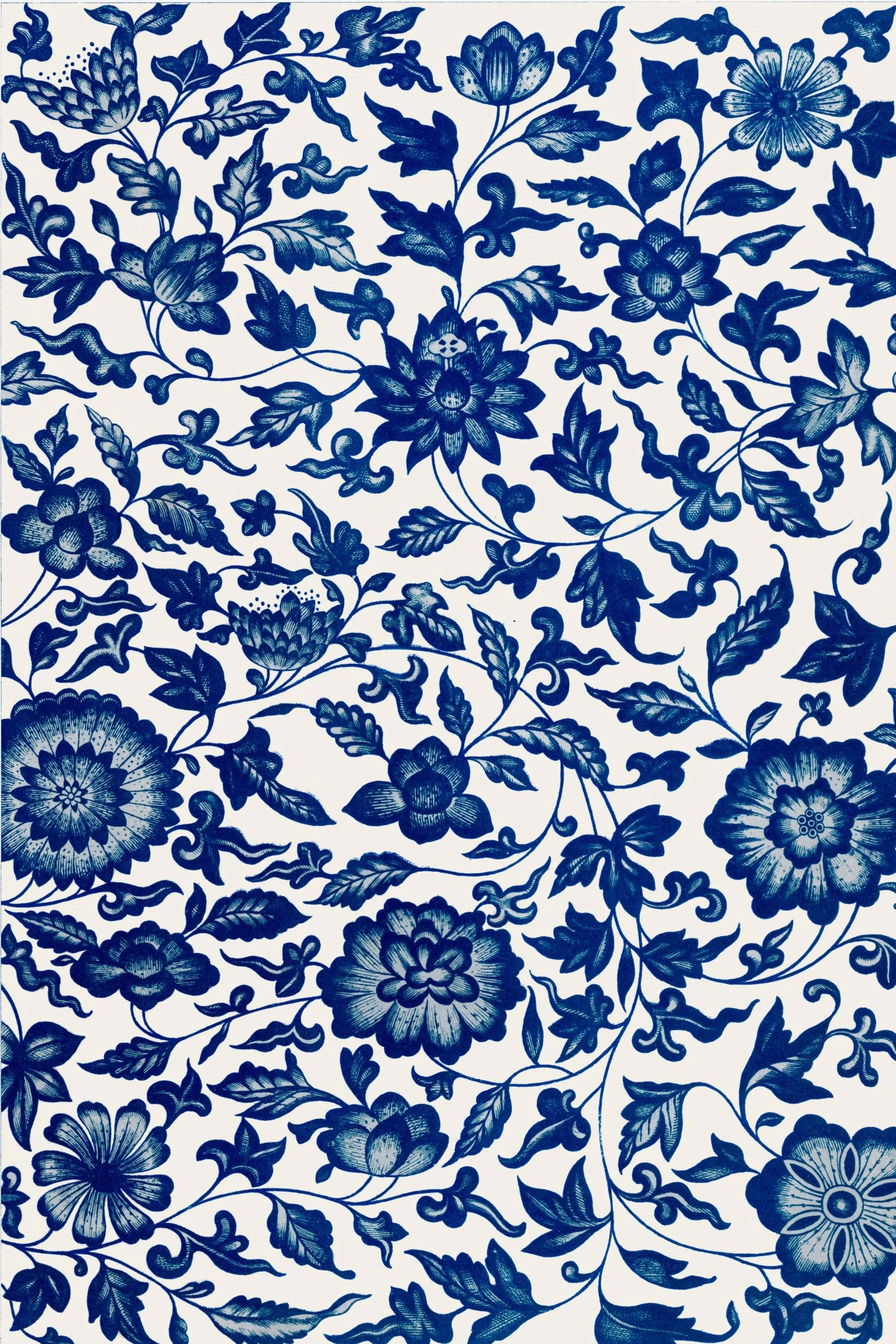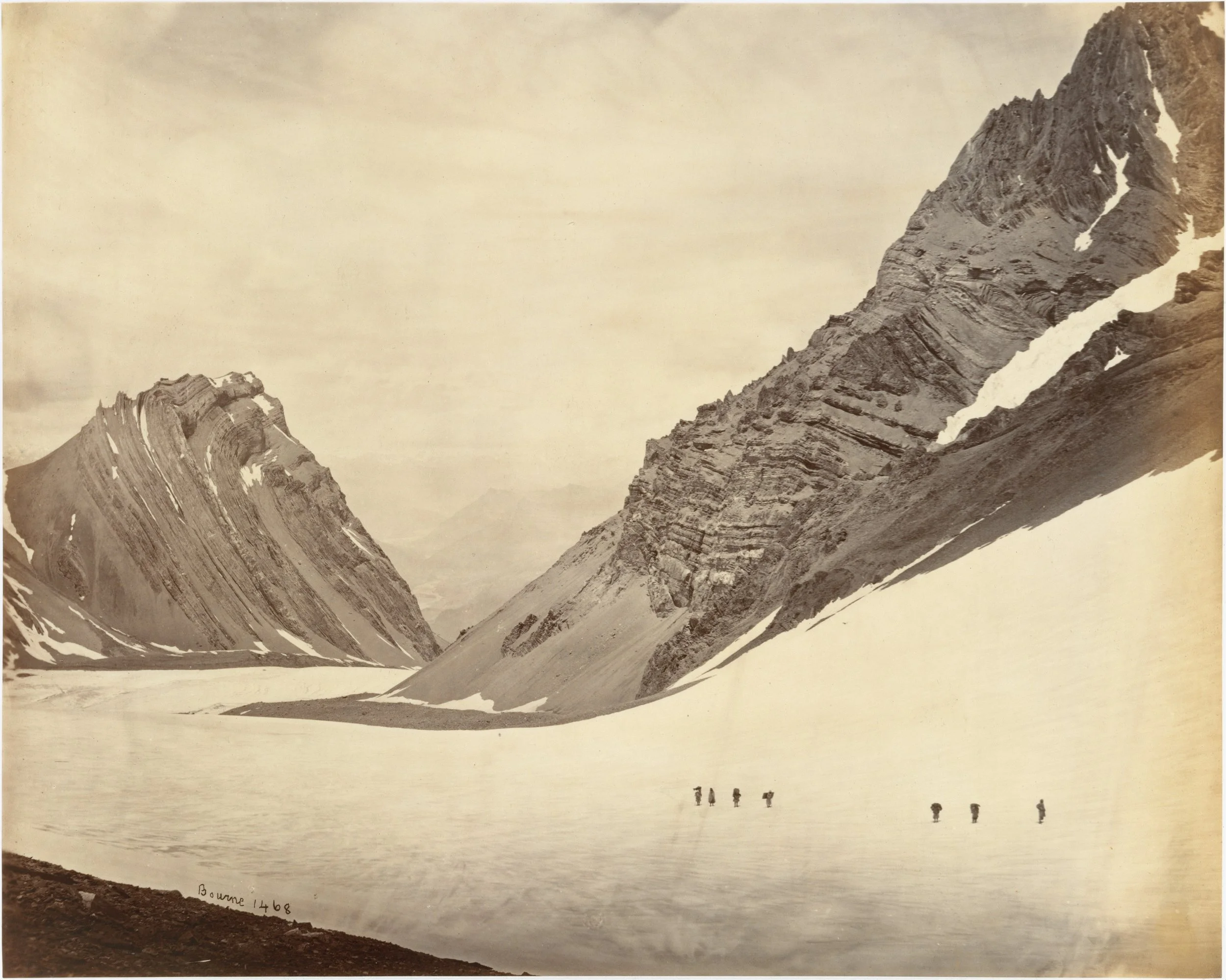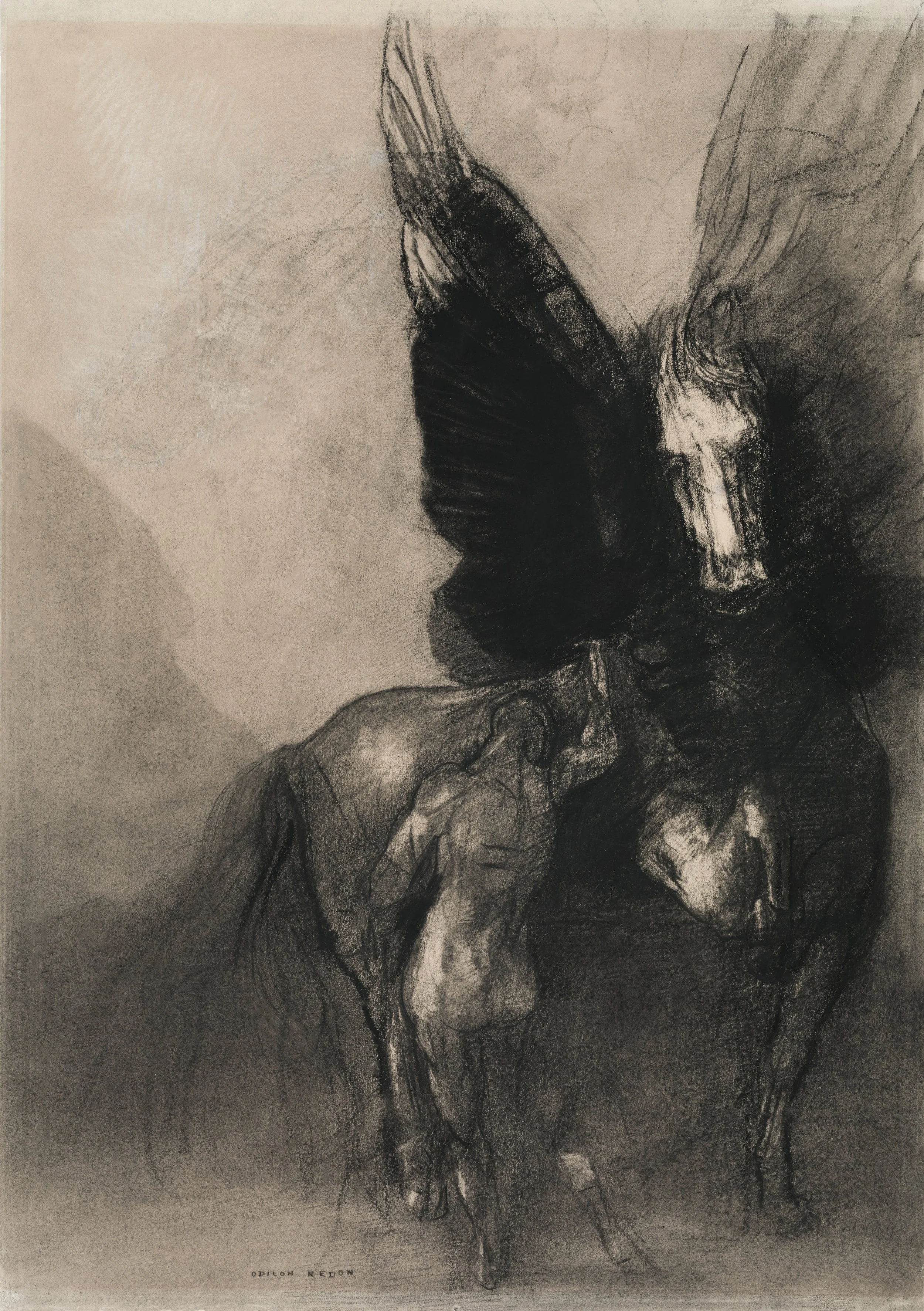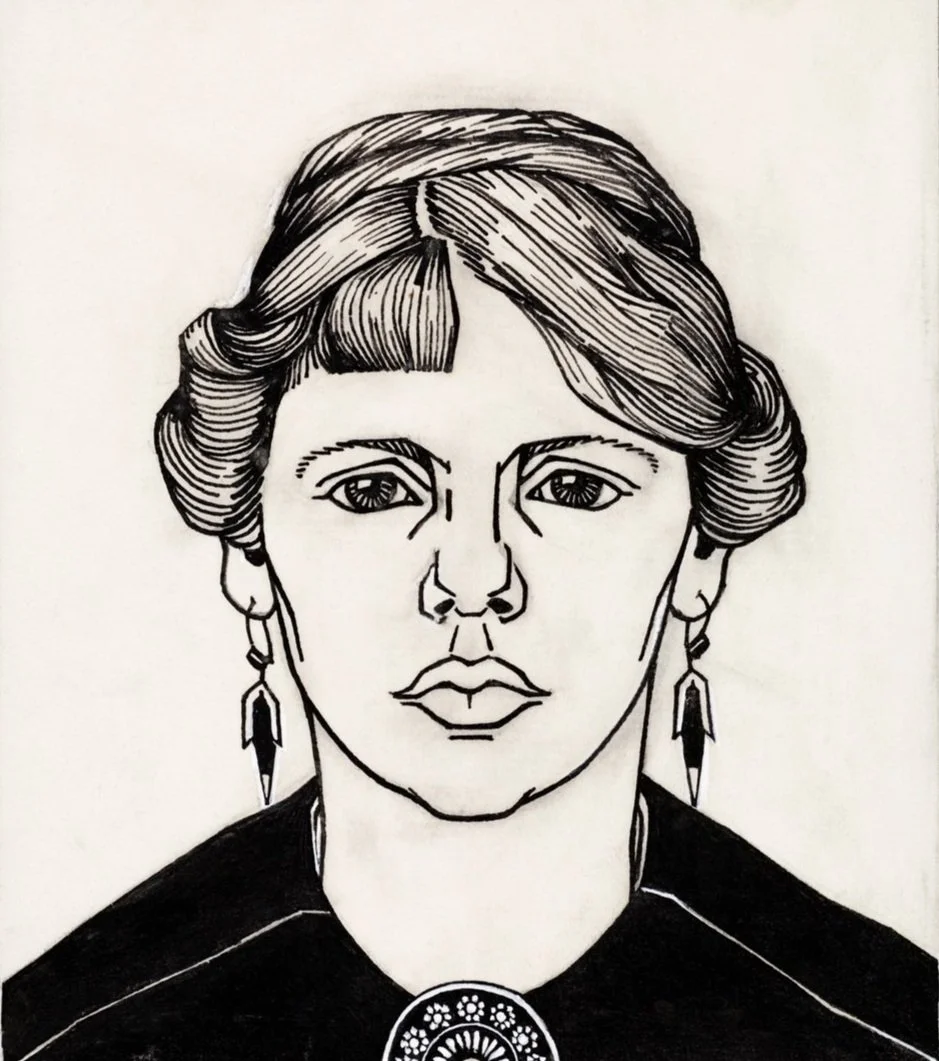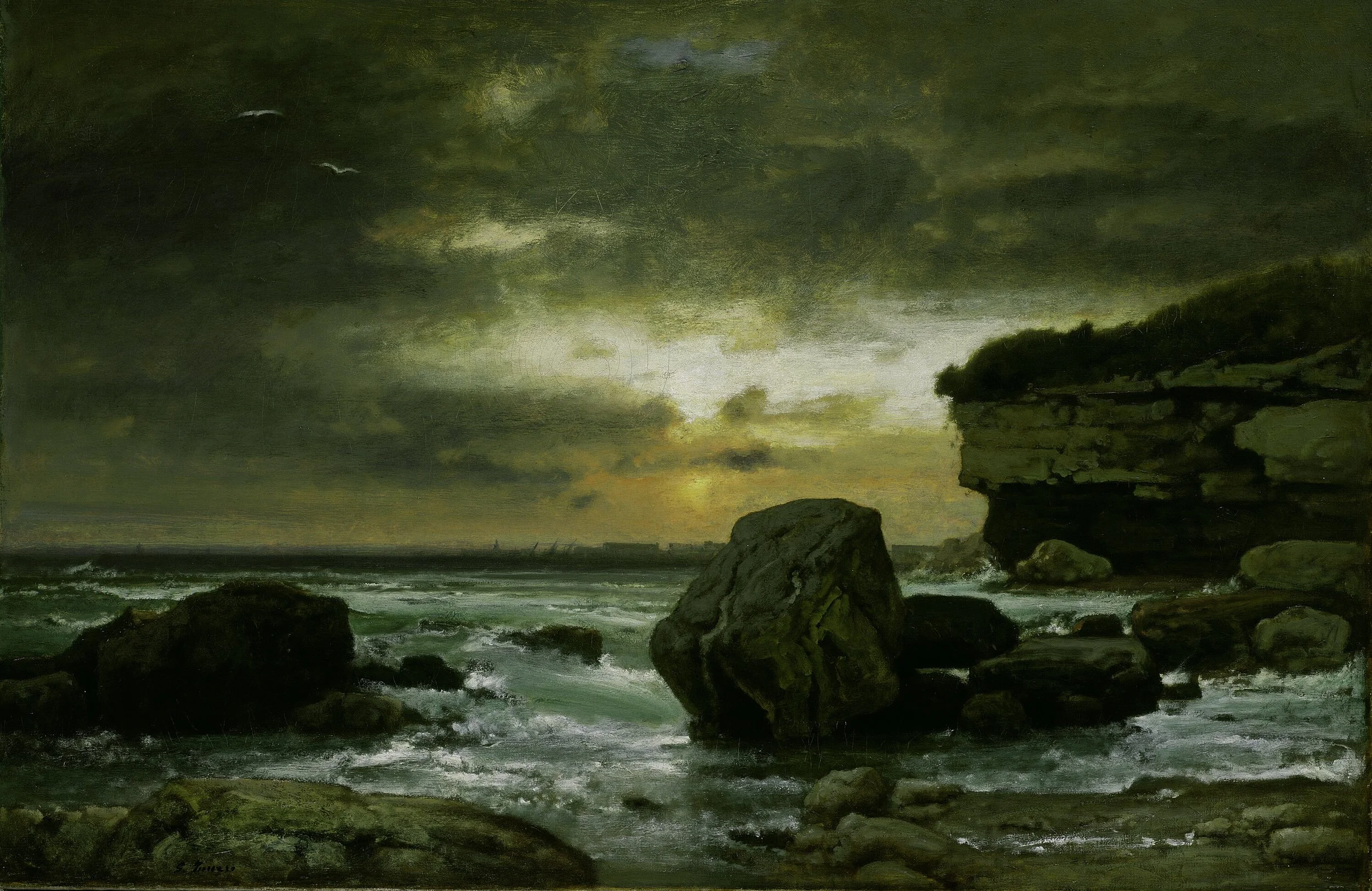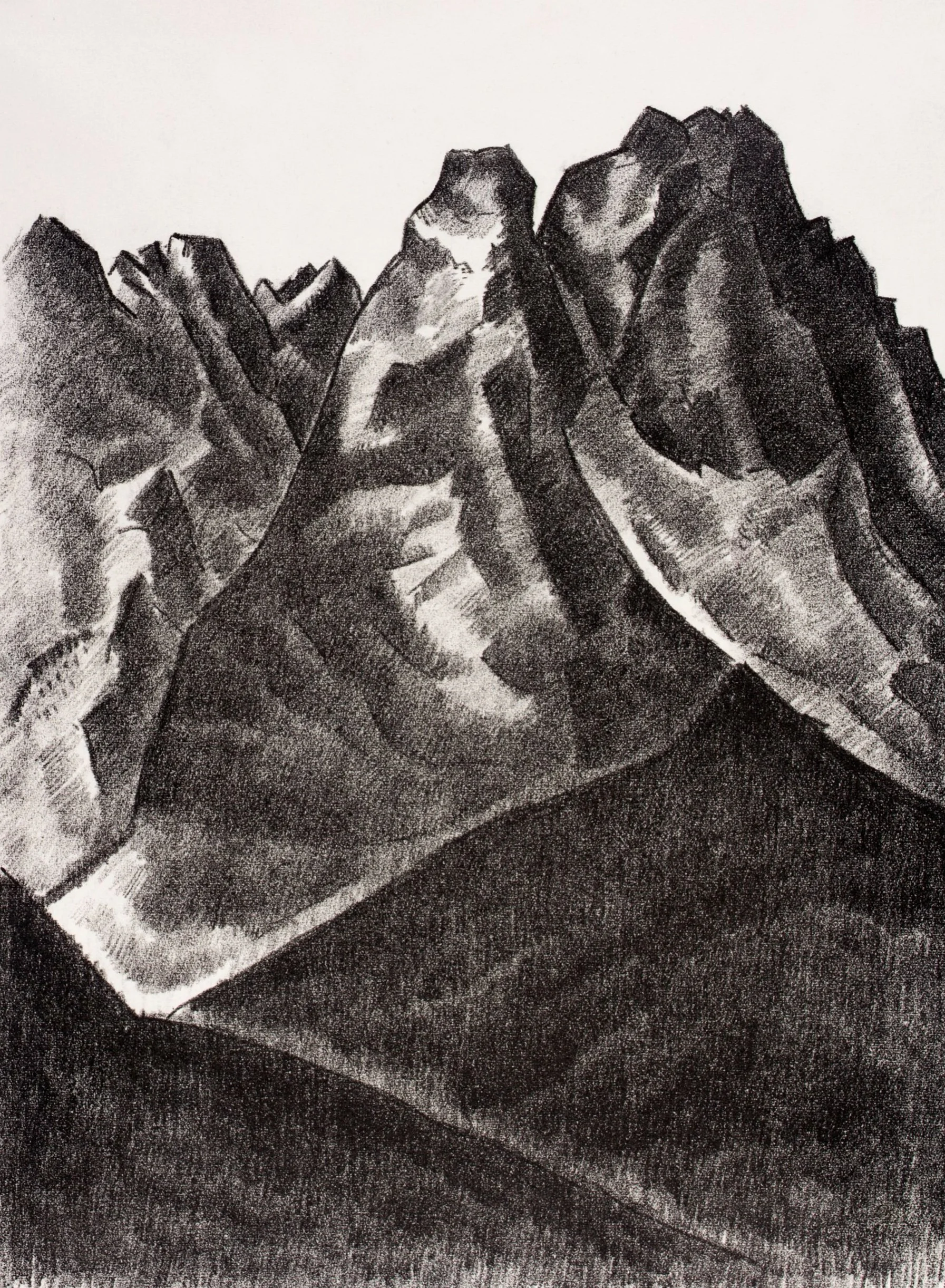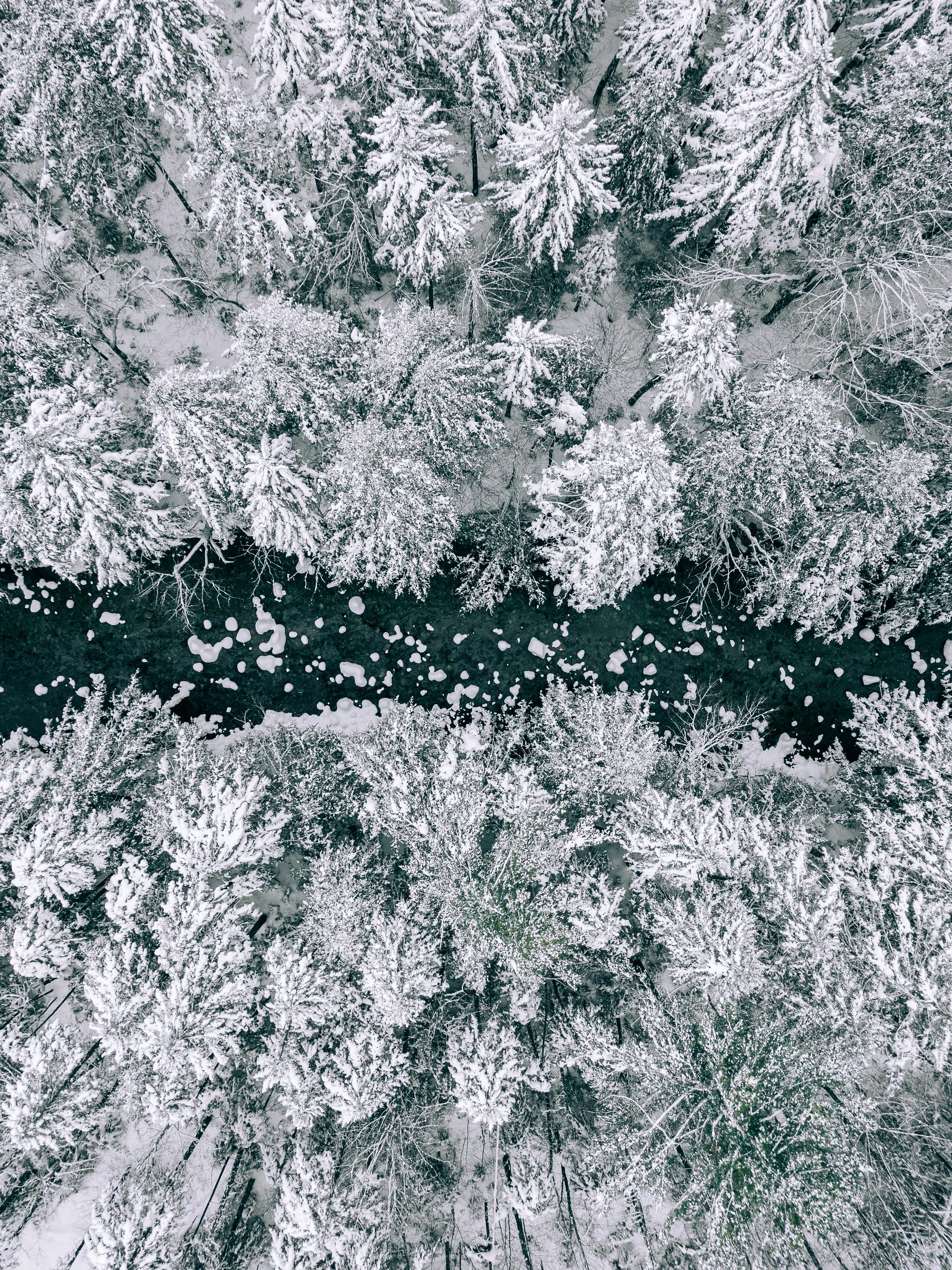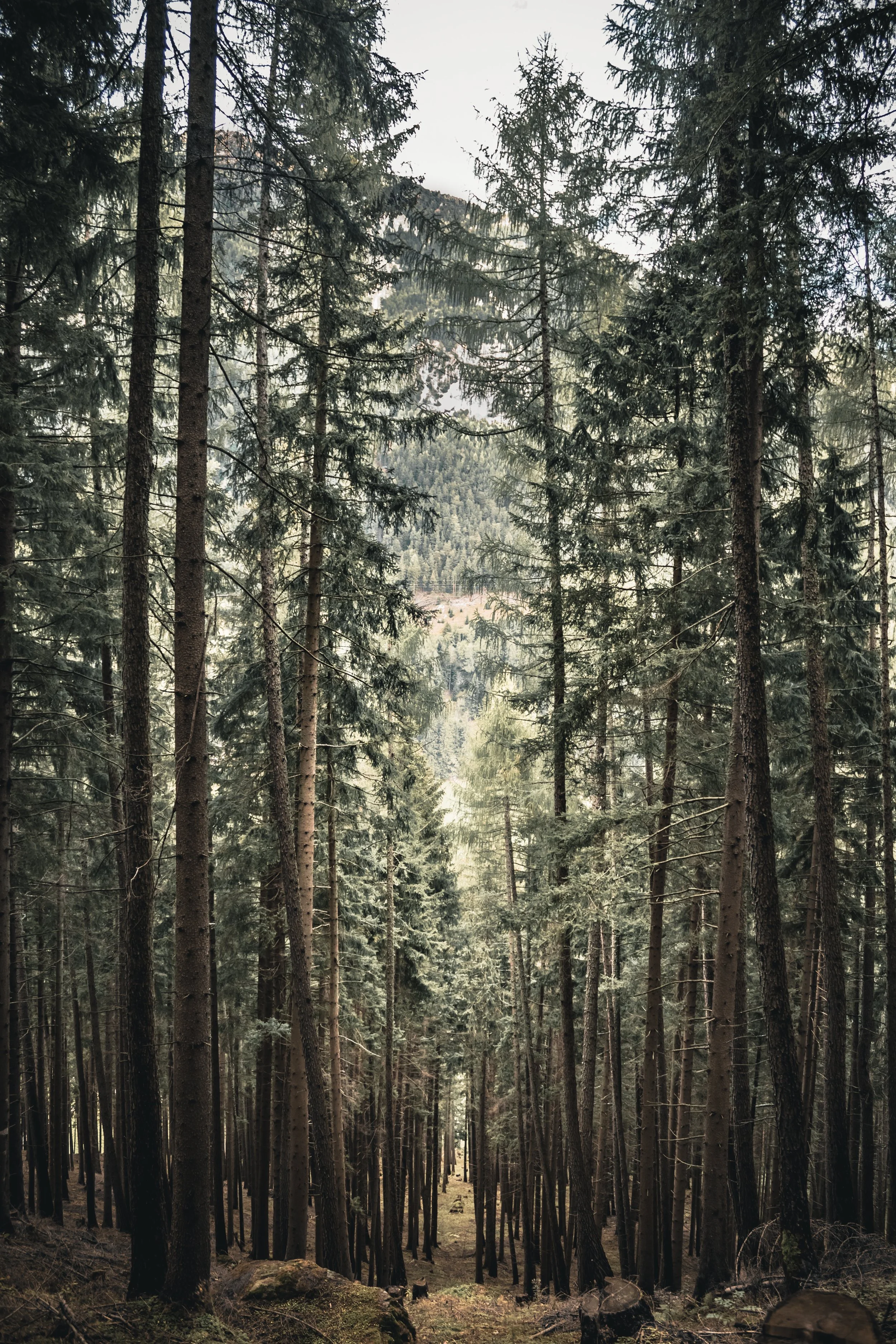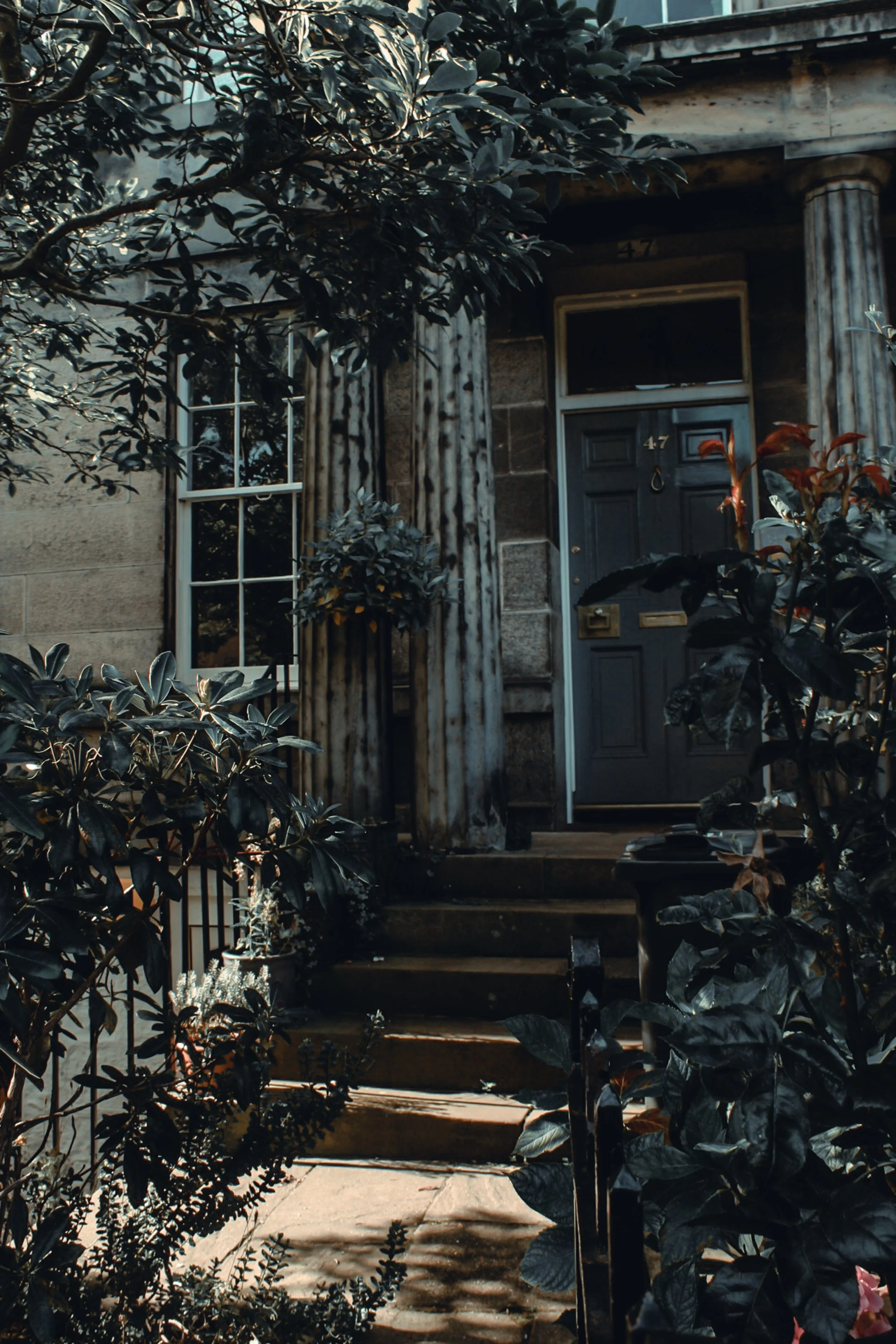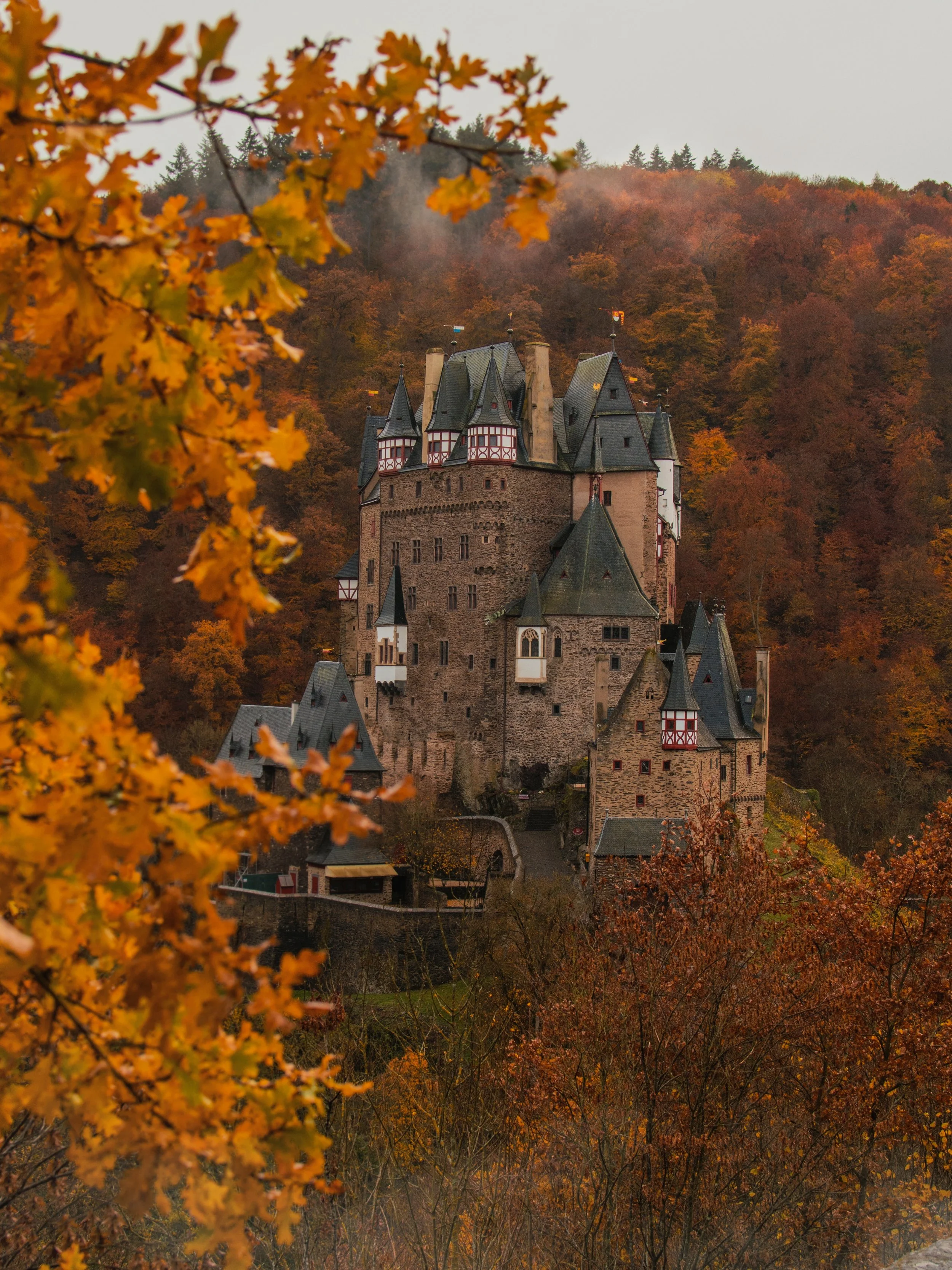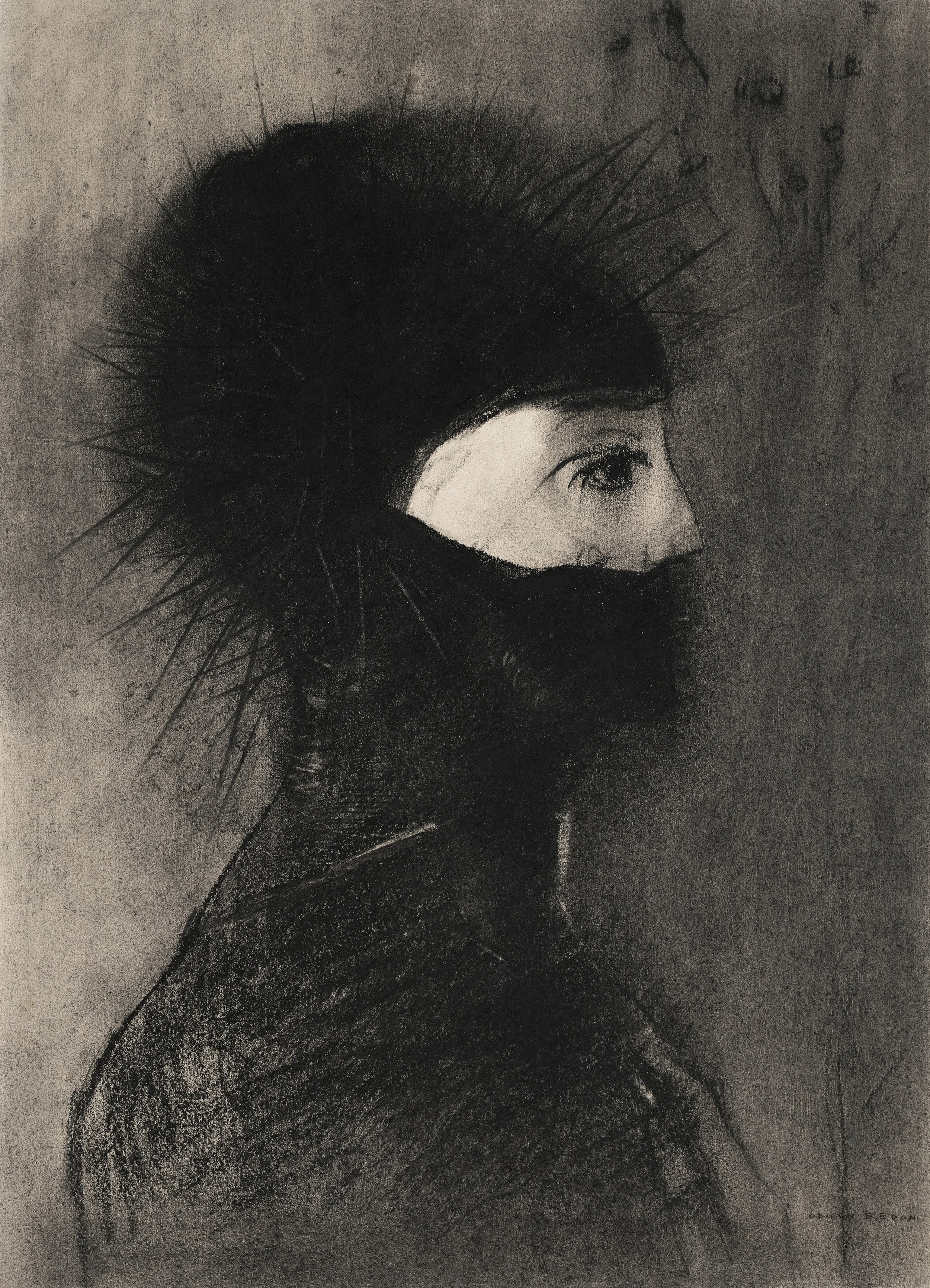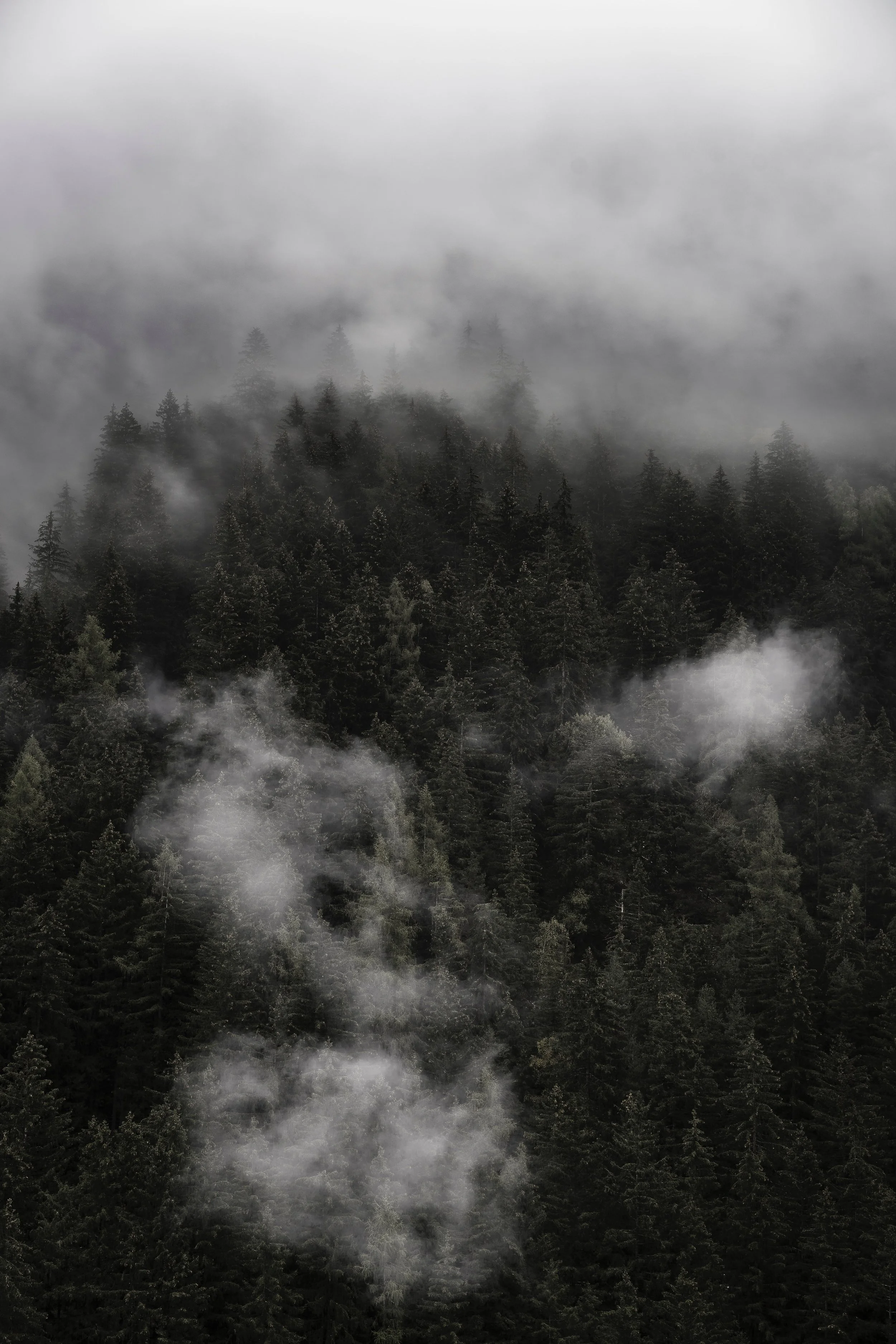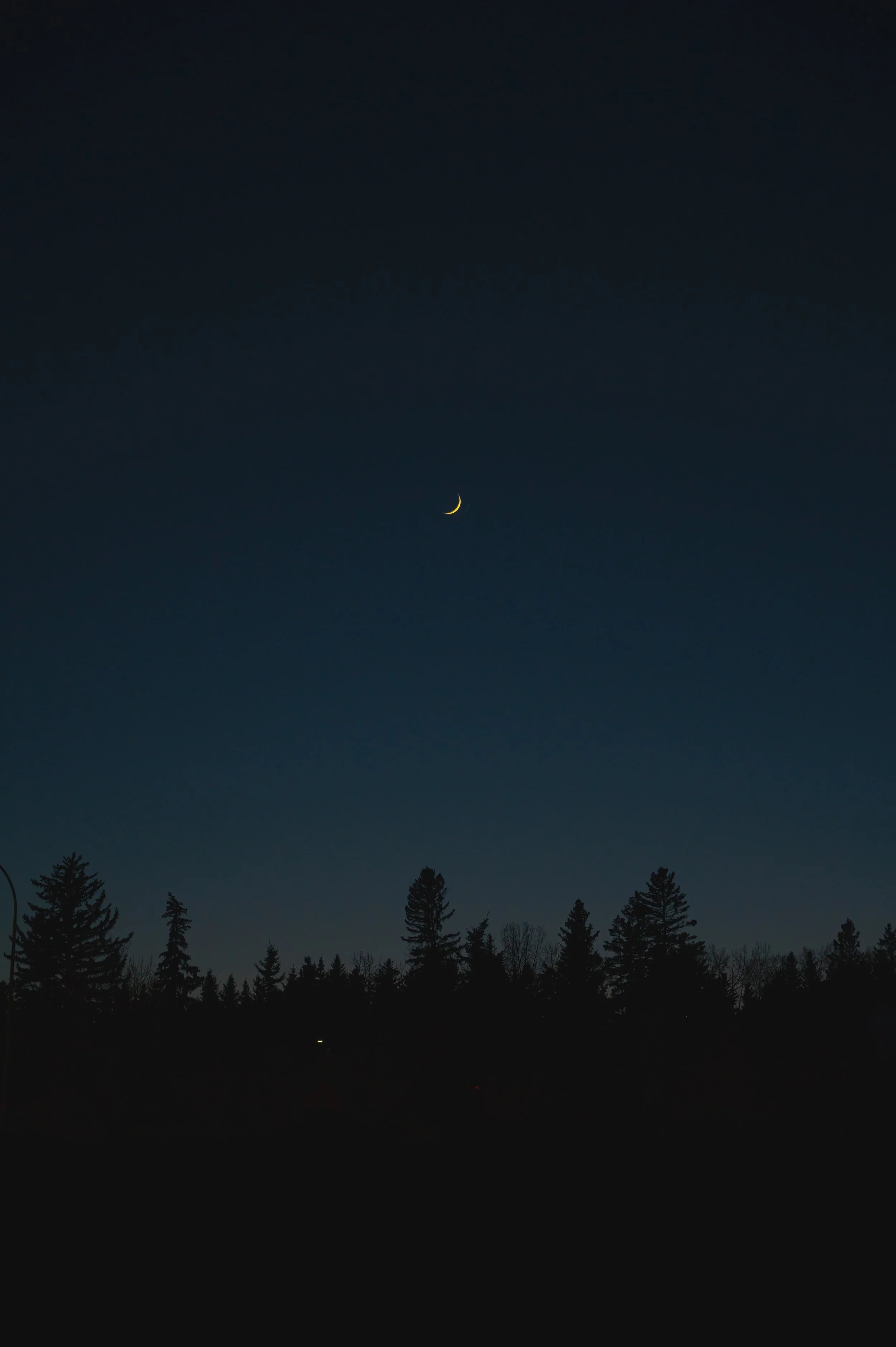
The Elixir of Life
Honoré de Balzac’s The Elixir of Life plunges readers into a richly Gothic world where ambition and mortality collide in a tale as seductive as it is sinister. Part of La Comédie Humaine, this novella draws on the legend of the Wandering Jew and the alchemical pursuit of eternal life to explore the moral and existential dilemmas of human greed.
Mother Sauvage
In Mother Sauvage, Maupassant strips war of its grandeur to reveal the private, brutal calculus of grief and vengeance. With unsparing restraint, he crafts a tale in which maternal sorrow becomes indistinguishable from moral reckoning, and mercy flickers out like a match in the snow.
The Blizzard
Pushkin unfolds a tale of fate and farce, where miscommunications and misfired intentions dance through a snowbound night with operatic irony. What begins as a romantic elopement collapses into absurdity, only to resolve years later with a twist as swift and cold as the storm that started it.
Oh, Whistle, and I'll Come to You, My Lad
M.R. James conjures a ghost story not with gore, but with the mounting dread of the unseen—where rational inquiry and antiquarian fussiness unravel beneath the weight of something elemental and malign. The whistle, once blown, does not summon affection but awakens a presence stitched from wind, sand, and sleep-disturbed terror.
The Red Room
Wells dismantles the machinery of the classic haunted house, revealing not specters but the psychology of fear itself—how darkness breeds dread, and dread conjures its own ghosts. The room remains unchanged; it is the mind that flickers, extinguishes, and relights in terror.
The Festival
I was far from home, and the spell of the eastern sea was upon me. In the twilight I heard it pounding on the rocks, and I knew it lay just over the hill where the twisting willows writhed against the clearing sky and the first stars of evening. I pushed on through the shallow, new-fallen snow along the road on toward the very ancient town I had never seen but often dreamed of.
Two Thanksgiving Day Gentlemen
O. Henry serves up a wry, melancholic feast in this portrait of ritual charity and quiet hunger, where tradition masks necessity and generosity walks hand in hand with pride. In just a few turns of his well-laced prose, sentiment curdles into irony—and back again—without ever losing the ache beneath the surface.
A True Relation of the Apparition of One Mrs. Veal, The Next Day After Her Death
Consider that there is a life to come after this, that our time is short and uncertain and that if we would escape the punishment of the ungodly, we ought to return to God by a speedy repentance, ceasing to do evil, and learning to do well: to seek after God early, if happily he may be found of us, and lead such lives for the future, as may be well pleasing in his sight.
John Inglefield’s Thanksgiving
Hawthorne stages a Thanksgiving reunion suffused with warmth, shadow, and moral ambiguity, as a wayward daughter returns home not for absolution, but for a fleeting resurrection of the self she once was. In a tale where firelight and familial grace briefly hold darkness at bay, the parting is inevitable, and final, as sin reasserts its claim with a chilling clarity only Hawthorne dares render so gently.
The Wolves of God
Those thirty years in the woods, it seemed, oppressed his mind; the forests, the countless multitudes of trees, had wearied him. His nerves, perhaps, had suffered finally. Snow, frost and sun, stars, and the wind had been his companions during the long days and endless nights in his lonely Post, but chiefly—trees. Trees, trees, trees!
The Empty House
Certain houses, like certain persons, manage somehow to proclaim at once their character for evil. In the case of the latter, no particular feature need betray them; they may boast an open countenance and an ingenuous smile; and yet a little of their company leaves the unalterable conviction that there is something radically amiss with their being: that they are evil.
The Rider of the Black Horse
In Lippard’s feverish, apocalyptic vision of Revolutionary America, the Black Horseman rides not merely as courier but as omen—his midnight gallop through storm and battle summoning the specter of a nation both birthed and haunted by violence. At once allegory and gothic spectacle, the tale gallops headlong into the sublime terror of liberty forged in blood.
The Skull
In this taut meditation on time, violence, and fatalism, Philip K. Dick dispatches a man into the past to commit murder, only to find that the skull he carries is his own. The Skull is a recursive fable about destiny disguised as pulp, where free will stumbles over paradox and history writes itself in bone.
The Fall of the House of Usher
During the whole of a dull, dark, and soundless day in the autumn of the year, when the clouds hung oppressively low in the heavens, I had been passing alone, on horseback, through a singularly dreary tract of country, and at length found myself, as the shades of the evening drew on, within view of the melancholy House of Usher.
Clay
In Clay, James Joyce compresses a life’s quiet desolation into a single evening, where small kindnesses, awkward silences, and a forgotten song trace the outline of a woman long faded into habit and half-regarded charity. The story haunts not with tragedy, but with the muffled weight of things unsaid, and the soft, persistent erosion of time.
Opium Dream or Back From the Dead? The Interpretive Tale of Ligeia
The radiance of an opium-dream—an airy and spirit-lifting vision more wildly divine than the phantasies which hovered about the slumbering souls of the daughters of Delos. Yet her features were not of that mould which we have been taught to worship. “There is no exquisite beauty,” says Bacon, Lord Verulam, "without some strangeness in the proportion.”
A Little Cloud
A chance reunion stirs something restless in Little Chandler, whose quiet life begins to feel suddenly—and permanently—too small. In Joyce’s hands, domesticity and ambition clash not in crisis, but in quiet humiliations, where the poetry remains unwritten and the baby’s cry drowns out the last note of hope.
Twilight Superstitions and Haunted Spots: The Legend of Sleepy Hollow
The dominant spirit that haunts this enchanted region is the apparition of a figure on horseback without a head. It is said by some to be the ghost of a Hessian trooper, whose head had been carried away by a cannon-ball, in some nameless battle during the Revolutionary War, and who is seen by the country folk hurrying along in the gloom of night, as if on the wings of the wind.
The Viy
The half-moon shone pale and high in the sky. Its mild light, still more subdued by intervening clouds, fell like a transparent veil on the earth. Woods, meadows, hills, and valleys—all seemed to be sleeping with open eyes. The atmosphere was moist and warm. Such was the night through which the philosopher Thomas Brutus sped with his strange rider.
Young Goodman Brown
Beneath the trembling pines and flickering torches of Hawthorne’s dark forest, a young man’s night journey becomes a grim initiation into the duplicity of the human soul. What he returns with is not proof of sin or innocence, but something crueler: the inability to trust either again.













